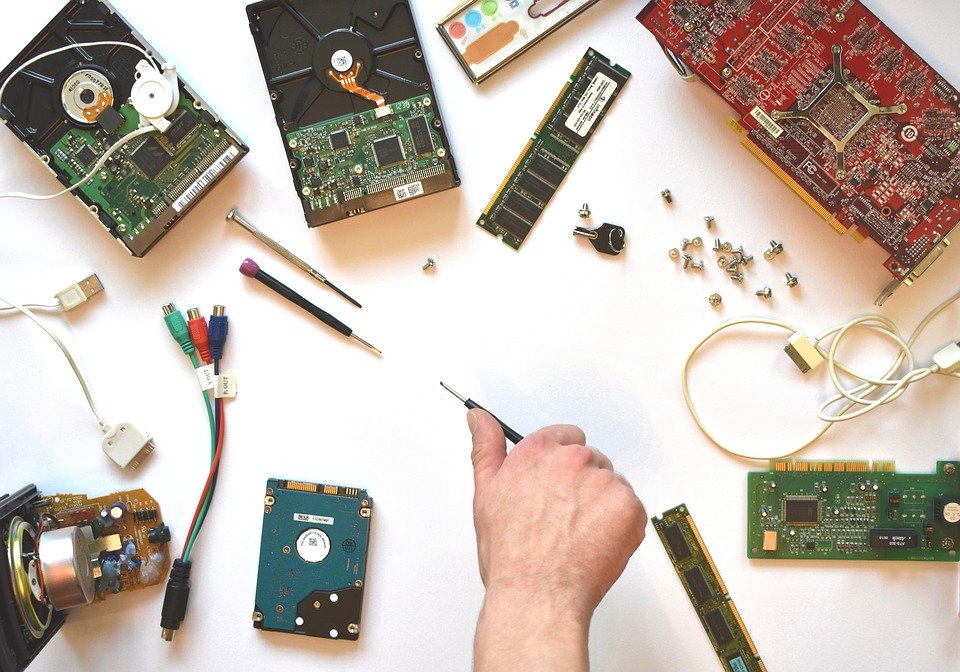
Being an engineer isn't a simple job, but for those who are interested in the work, it can be extremely rewarding. Before you become an engineer, you need to understand the challenges you'll face as you go through schooling, and then finally, the different set of challenges you'll face on the job. This article will focus on the latter, namely the challenges you'll face when actually out in the real world having to apply the knowledge you learned in school.
Employers count on engineers to properly create machines, systems, or other creations that are safe, efficient, and cost-effective. Without further delay, here are seven challenges any engineer should expect to face throughout their careers:
Determining Your Career Path
Engineers work with particular and discrete challenges. As you start off, you'll likely face more general issues. However, deciding which area you'd like to become more specialized in can be challenging, as you'll be introduced to many novel and interesting problems while on the job. It can be tough to find the perfect mix of work you enjoy doing and are passionate about that still allows for continued growth. The choices you make will determine how many of your options you'll keep open later in your career.
Finding the right supplier for your equipment
Before starting your career as an engineer, you’ll need to make sure that you have the most essential tools and machines available, at your workplace or at your home. Here are 5 tools that are a necessity for any engineer.
- Quality PCBs
- A placement machine
- Stencils
- Safety equipment (clothing, helmets, goggles, gloves etc.)
- A reflow oven
Depending on the performance you want to achieve and of course on the budget. One of the most important things when choosing a surface-mount equipment supplier, is to make sure it’s based in the US, or the country you’re buying from. Buying from abroad countries such as China can imply additional costs such as tariffs and customs duties. NeoDenUSA for example, takes care of all the taxes, in this way you can easily skip the additional hassle.
A Constant Need for Continuing Education
No good engineer stops learning just because they’ve graduated from school. New practices are being developed all the time and interesting ways of working around old solutions also come by once every few years. If you aren’t staying up to date on the engineering profession as a whole, you’ll quickly become obsolete as an employee.
Extreme Responsibility
The things you design on paper will eventually be translated into a real, physical object. Any mistakes you made during the design phase could end up hurting someone or worse. Grappling this responsibility can lead to anxiety, stress, and burn-out, if not properly managed.
Dealing With a Lack of Recognition
Sometimes, those who employ engineers care more about having a finalized product than the diligent work that went into designing and creating it. Many engineers report frustration from not being recognized for the amount of work they've put into solving a particular problem while designing.
Real World Pragmatism
All of the problems an engineer solves in school have definite answers that have very little wiggle room. In the real world, however, there are multiple different ways to resolve an issue. The only real gauge as to whether or not it's the 'correct' answer is whether or not your design is functional once built.
Work-Life Balance
There's only a finite amount of time in the world and only a finite amount of energy inside a human being. An engineer will more or less always be figuring out the ideal balance of their professional and personal aspirations, and try diligently to devote the right amount of time to each. Frustration can occur when it seems like there just isn't enough resources at your disposal to accomplish everything you'd like to get done.
Change in Employment
Because of the very wide amount of firms that require an engineer on their payroll, switching jobs could mean having to learn lots of new information in a relatively short amount of time. The expectations of the new employer might have a stark contrast with your old employer's wants and desires. The level of control you have over your designs might be different as well.
These challenges are real and can lead to a stressful life as an engineer, but that doesn't mean the job isn't gratifying and worthwhile. Any engineer should know what they are getting themselves into, so they can work on their coping strategies as early as possible. Engineers are in the business of fixing problems and working around common issues. If anything, these challenges are just another thing to overcome much in the same way you'd overcome challenges in designing something for an employer.
